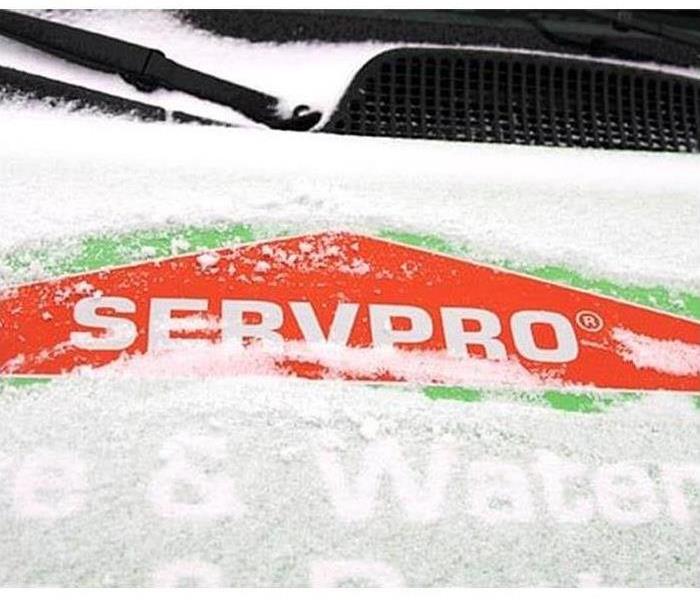Facts About Winter Storms
11/6/2019 (Permalink)
Winter storms can be a disaster for your home or business. To help avoid water damage or fire damage SERVPRO of Lake Charles is here to educate the community of best practices.
A major winter storm can be lethal. Preparing for cold weather conditions and responding to them effectively can reduce the dangers caused by winter storms.
BEFORE
Be familiar with winter storm warning messages.(See Winter Storm Watches and Warnings.)
Service snow removal equipment and have rock salt on hand to melt ice on walkways and kitty litter to generate temporary traction.
Make sure you have sufficient heating fuel; regular fuel sources may be cut off.
Winterize your home.
- Insulate walls and attic
- Caulk and weather-strip doors and windows
- Install storm windows or cover windows with plastic from the inside.
- Fireplace with ample supply of wood
- Small, well-vented, wood, coal, or camp stove with fuel
- Portable space heaters or kerosene heaters (See Kerosene Heaters.)
Contact your Parish Emergency Management Office or American Red Cross chapter for more information on winter storms.
Keep pipes from freezing.
- Wrap pipes in insulation or layers of old newspapers
- Cover the newspapers with plastic to keep out moisture
- Let faucets drip a little to avoid freezing
- Know how to shut off water valves.
- Flashlight and extra batteries
- Portable, battery-operated radio and extra batteries.
- First aid kit
- One-week supply of food (include items that do not require refrigeration or cooking in case the power is shut off)
- Nonelectric can opener
- One-week supply of essential prescription medications
- Extra blankets and sleeping bags
- Fire extinguisher (A-B-C type)
In case family members are separated from one another during a winter storm (a real possibility during the day when adults are at work and children are at school), have a plan for getting back together.
Ask an out-of-state relative or friend to serve as the "family contact." After a disaster, it's often easier to call long distance. Make sure everyone knows the name, address, and phone number of the contact person.
Make sure that all family members know how to respond after a severe winter storm.
Teach children how and when to call 9-1-1, police, or fire department, and which radio station to tune to for emergency information.
Kerosene Heaters:
Check with your local fire department on the legality of using kerosene heaters in your community. Use only the correct fuel for your unit and follow the manufacturer's instructions. Refuel outdoors only, and only when cool. Keep your kerosene heater at least 3 feet away from furniture and other flammable objects.





 24/7 Emergency Service
24/7 Emergency Service
